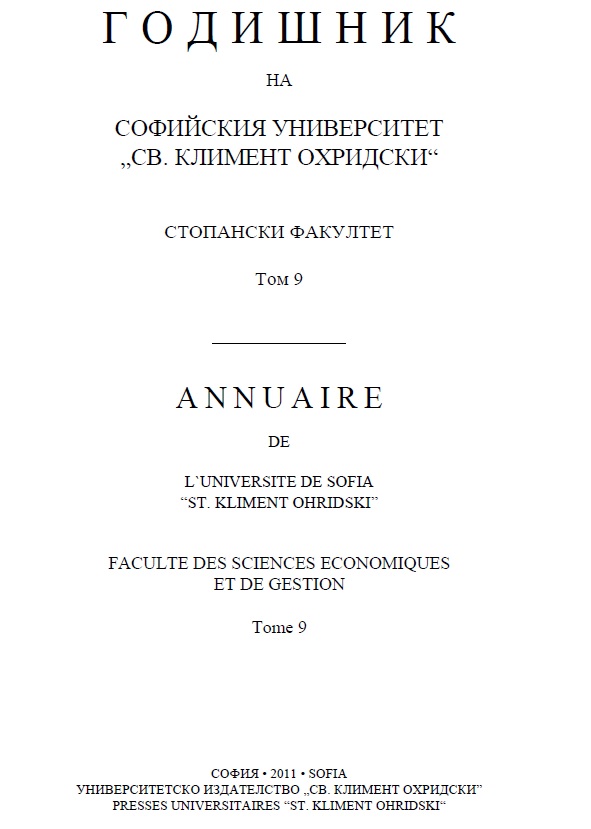Монетизиране на фискалните дефицити в България: уроци от миналото
Monetary and Fiscal Policies in Bulgaria:Lessons from the Historical Record
Author(s): Kalina DimitrovaSubject(s): Economy
Published by: Софийски университет »Св. Климент Охридски«
Keywords: monetary and fiscal policy; inflation; exchange rate.
Summary/Abstract: There are two aspects through which economic policy could influence the situation of the economy – monetary and fiscal. Monetary and fiscal policies have different and sometimes controversial goals to achieve by the means of specific instruments. While the mission of the central banks is usually price stability, governments usually sets their goals in the realm of economic growth and employment. Fiscal institutions however, often use inflation in order to derive revenues (seigniorage) and finance budget deficits. Hence, inflation is viewed as public finance phenomenon (Barro, 1979; Mankiw, 1987; Grilli, 1989). The purpose of this paper is to present the historical perspective on the behaviour of the monetary and fiscal policies pursued in Bulgaria from 1879 when the Bulgarian National Bank was established (soon after the liberation of from the Ottoman Empire). Furthermore, having historical time series of monetary and fiscal indicators, gives us the chance to study the link between government budget problems, monetary variables’ fluctuations and inflation dynamics under different monetary episodes
Journal: Годишник на Стопанския факултет на СУ „Св. Климент Охридски“
- Issue Year: 9/2011
- Issue No: 1
- Page Range: 89-107
- Page Count: 19
- Language: Bulgarian

